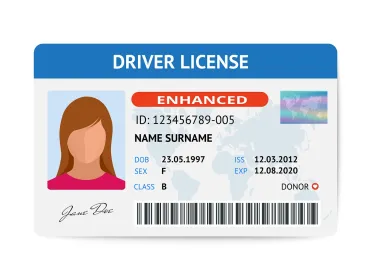Long lines could be seen outside and around New York Department of Motor Vehicles offices as undocumented immigrants waited anxiously for hours in long queues to obtain driver’s licenses. Since 2013, a growing number of states have been issuing driver’s licenses in one form or another to undocumented workers. New York and New Jersey are just joining the list that includes California, Colorado, Connecticut, Delaware, Hawaii, Illinois, Maryland, New Mexico, Oregon, Nevada, Utah, Vermont, Washington and the District of Columbia. And the trend is continuing in other states.
But with the passage of the New York “Green Light” bill, the Trump Administration has decided to conduct “a departmentwide study of the effects of issuing state driver’s licenses to undocumented immigrants.” A DHS spokeswoman said the study (and possible litigation) is about national security, because these laws “make it easier for terrorists and criminals to obtain fraudulent documents.”
Most of the states that are issuing “driving only” licenses have large populations of undocumented immigrants. Granting driver’s licenses obviously makes life much easier for undocumented immigrants, but state legislators believe it also contributes to local economies. Undocumented immigrants will buy more cars, more insurance, and more gasoline and will pay more license-related fees. Because undocumented immigrants will have to still pass all required driving tests, states also believe that licensing these individuals yields safer drivers.
Driver’s licenses issued to undocumented immigrants will not be REAL ID compliant. The REAL ID law which will go into full effect on October 1, 2020, establishes security standards for the issuance of driver’s licenses and other identification that are needed to enter federal facilities, nuclear power plants and to board airlines – even for domestic flights. In order to obtain a REAL ID compliant driver’s license, an individual must, among other things, be legally in the country. Under the REAL ID regulations, states may continue to issue licenses that are not REAL ID compliant but those must be marked prominently with annotations such as “not for federal identification purposes” or “driving only.” Despite that, under current guidelines, licenses so marked should be accepted as List B documents for Form I-9 and E-Verify purposes if they meet the regulatory requirements — contain a photograph or information such as name, date of birth, gender, height, eye color, and address. However, as the REAL ID deadline approaches, employers need to keep apprised for further updates.
While undocumented workers in many states will be able to obtain driver’s licenses, some states continue to deny driver’s license renewals to foreign nationals who are legally in the United States in valid status and have valid work authorization but who are waiting for visa extension approval notices. Because of USCIS processing delays and because petition extensions cannot be filed more than six months in advance of expiration, many foreign nationals are forced to premium process cases in order to obtain the necessary documentation to timely renew driver’s licenses.




 />i
/>i
